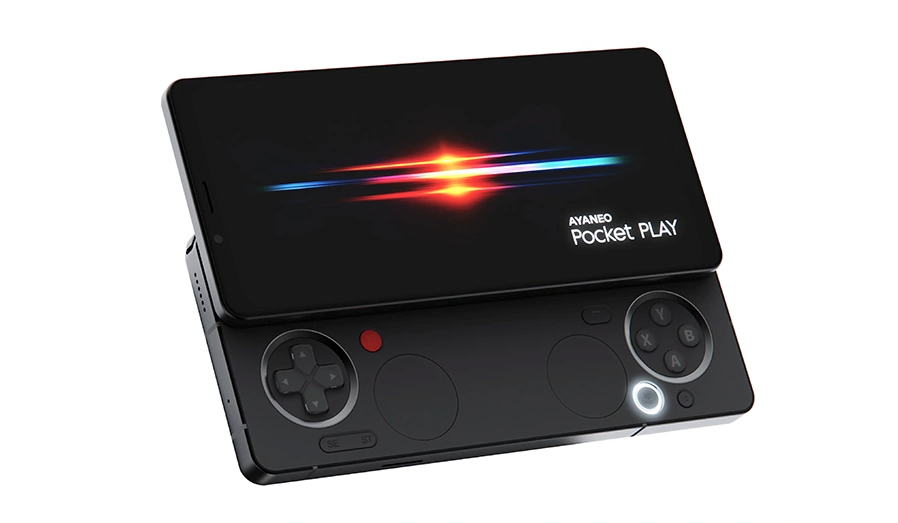Mobile gaming has become an integral part of many people’s lives. A suitable smartphone is required for a comfortable game. Let’s understand how to choose a device that will give an unforgettable experience of virtual adventures.
Modern mobile games demand high device performance. Strategies, shooters, racing simulators, and port games from PCs or consoles are incredibly demanding on phone resources. Let’s consider the key factors when choosing a gaming smartphone.
Performance above all else
The heart of any gaming smartphone is its “stuffing”. When choosing a device, pay attention to the following characteristics:
- Processor: Snapdragon 8-series or MediaTek Dimensity 9000 will ensure smooth operation even in the most demanding games. In the future, these processors may get artificial intelligence capabilities.
- RAM: 8GB minimum, 12GB or more is optimal.
- Built-in memory: from 128 GB, choosing a model with 256 GB or more is better.
- GPU: a powerful GPU is necessary for processing complex graphics.
Sufficient memory will allow you to install many games and applications, and a powerful processor will ensure their fast operation without hangs.
Display – a window into the gaming world
A quality screen is the key to a comfortable game. What to pay attention to:
- Refresh rate: 90 Hz or higher for a smooth picture.
- Resolution: Full HD+ or higher for crisp images.
- Matrix type: AMOLED or IPS with good color reproduction.
- Brightness: At least 500 nits for comfortable outdoor gaming.
A high refresh rate is significant in fast-paced games where every millisecond counts.
Battery and cooling
Long gaming sessions require a high-capacity battery and an efficient cooling system:
- Battery capacity: from 4500 mAh to 5000 mAh or more. Traditionally, the battery is the weakest link in this technique. Manufacturers are trying to make better batteries, so it remains to believe that they will succeed.
- Fast charging: 33 watts or more for quick charge replenishment.
- Cooling system: evaporative chamber technology for efficient heat dissipation.
A sound cooling system prevents your device from overheating and degradation during long gaming sessions.
Additional gaming features
Some smartphones offer special features for gamers:
- Game Mode: optimizes the system for maximum performance.
- Triggers: additional touch or physical buttons for easy control.
- Accessory support: connect gamepads, cooling coolers and other devices.
These features can greatly enhance the convenience and efficiency of the gaming experience.
Choosing a gaming smartphone is a responsible task. It is important to consider all aspects, from performance to additional features. The suitable device will be a faithful assistant in virtual battles and will give an unforgettable experience of your favorite games.
This article was prepared with the support of site registration1xbet net














